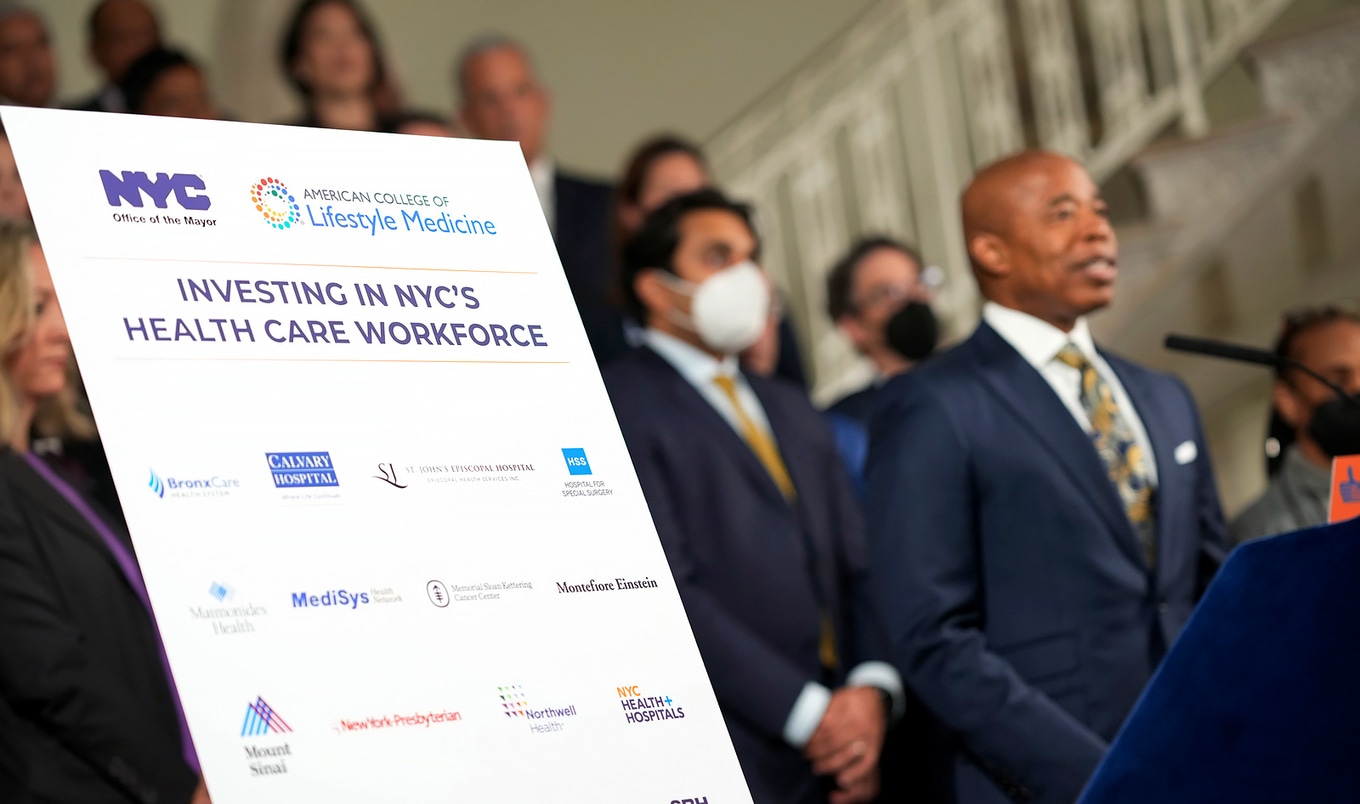Replacing 50 percent of meat and milk products with plant-based alternatives by 2050 could yield a staggering 31 percent reduction in greenhouse gas (GHG) emissions linked to agriculture and land use, according to new research.
Recently published in the scientific journal Nature Communications, the research also says this simple swap could halt the degradation of forests and natural lands, ushering in a wave of climate and biodiversity benefits.
 Fable Foods
Fable Foods
“Understanding the impacts of dietary shifts expands our options for reducing GHG emissions. Shifting diets could also yield huge improvements for biodiversity,” Lead author Marta Kozicka, a researcher from the International Institute for Applied Systems Analysis (IIASA) in Luxemburg, Austria, said in a statement.
The study underscores how such dietary changes could significantly improve biodiversity and decrease the detrimental effects of food systems on the natural environment by 2050.
“We need much more than ‘Meatless Mondays’ to reduce the global GHG emissions driving climate change—and this study shows us a path forward,” Eva Wollenberg, a co-author of the study from the University of Vermont (UVM), said in a statement.
Specifically, Wollenberg emphasized that plant-based meats offer not just a novel food product but a critical opportunity to achieve food security, climate goals, and global health and biodiversity objectives.
However, she also acknowledged the challenges ahead, necessitating technological innovations and policy interventions.
Is vegan meat better for the environment?
This research, which took into account the complexity of food systems, is the first of its kind to comprehensively assess the global food security and environmental impacts of large-scale plant-based meat and vegan milk. To ensure relevance and address gaps in existing scientific literature, researchers collaborated with plant-based meat brand Impossible Foods.
For the study, the authors developed scenarios of dietary changes based on plant-based recipes for beef, pork, chicken, and milk. The recipes were designed to be nutritionally equivalent to the original animal-derived protein products and realistic for the existing food manufacturing capabilities and globally available production ingredients.
 Impossible Foods
Impossible Foods
The authors found that a 50 percent substitution scenario would substantially reduce the mounting impacts of food systems on the natural environment by 2050 compared to the traditional scenario.
The study also highlights the potential for afforestation on land spared from farmed animal production, potentially doubling climate benefits and reducing ecosystem integrity declines by more than 50 percent. This effort could contribute significantly to meeting global land restoration goals under the Kunming Montreal Global Biodiversity Framework by 2030.
Targeted agriculture policies are essential
The study authors noted that while dietary shifts hold enormous potential for climate and biodiversity objectives, they must be accompanied by targeted production-side policies to maximize their benefits. This includes balancing the interests of smallholder farmers, who rely on farming animals for income and nourishment.
“While the analyzed dietary shifts serve as a powerful enabler for reaching climate and biodiversity goals, they must be accompanied by targeted production side policies to deliver their full potential,” Petr Havlík, Director of IIASA’s Biodiversity and Natural Resources Program, who coordinated the study, said in a statement.
“Otherwise, these benefits will be partly lost due to production extensification and resulting GHG and land-use efficiency losses,” Havlík said.
The study also emphasizes regional differences in impacts due to varying population sizes, diets, agricultural productivity, and participation in international agricultural commodity trade. These regional disparities provide valuable insights for designing more effective interventions.
However, in light of the substantial benefits that transitioning from meat to plant-based food alternatives can offer, the research serves as a compelling call to action for consumers, food producers, and policymakers seeking to address climate change, enhance food security, and promote human health on a global scale.
Plant-based initiatives in NYC
Meanwhile, New York City has already been putting these findings into action by expanding access to plant-based food because of its environmental and health benefits, thanks to NYC Mayor Eric Adams.
Recently, NYC has expanded its lifestyle medicine programs within its public healthcare systems, initiating a citywide expansion that will reach six additional sites. Launched initially in 2019, the program is designed to assist adults with conditions like diabetes, high blood pressure, and heart disease in making evidence-based lifestyle changes.
This includes adopting a healthful plant-based diet, in addition to increasing physical activity, improving sleep habits, reducing stress, and fostering stronger social connections. Each month, the program can accommodate 48 new patients and boasts a comprehensive care team at each site, including physicians, dietitians, health coaches, and more. The expansion aims to improve access to patient-centered, team-based lifestyle medicine services throughout NYC communities.
 NYC.gov
NYC.gov
The nine-month program offers a range of resources, such as one-on-one counseling sessions, group classes, exercise sessions, produce deliveries, Health Bucks for fresh produce, culinary skills videos, a plant-based cookbook, and assistance accessing benefits.
The pilot program has demonstrated promising results, including high demand, successful implementation, and significant health improvements for patients, and as the initiative expands, it is expected to make a substantial impact on public health across the city.
“As we work together to address health and wellness disparities in our city and country, we applaud NYC Health + Hospitals’ efforts to empower more and more New Yorkers disproportionately impacted by chronic conditions to transition to the whole food, plant-based diet along with other healthful behavior changes that they deserve,” Mayor’s Office of Food Policy Executive Director Kate MacKenzie said in a statement.
 Getty
Getty
The expansion of the lifestyle medicine program, coupled with other citywide initiatives such as Plant-Powered Fridays, are part of a larger strategy Adams is implementing to cut food-related carbon emission within NYC by 33 percent by 2030.
For the latest vegan news, read:
JUMP TO ... Latest News | Recipes | Guides | Health | Subscribe









